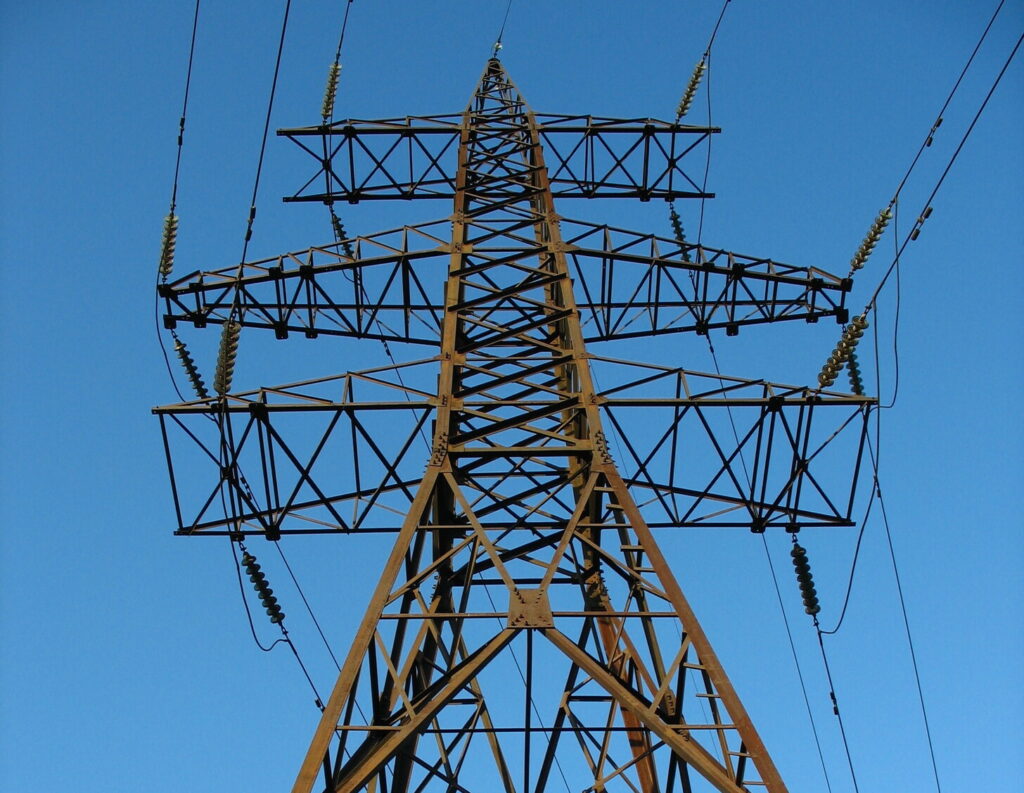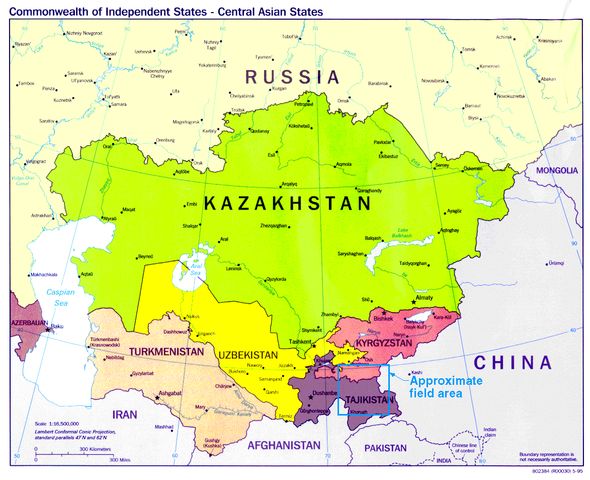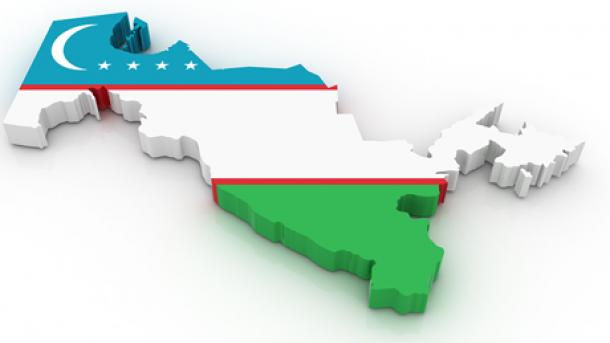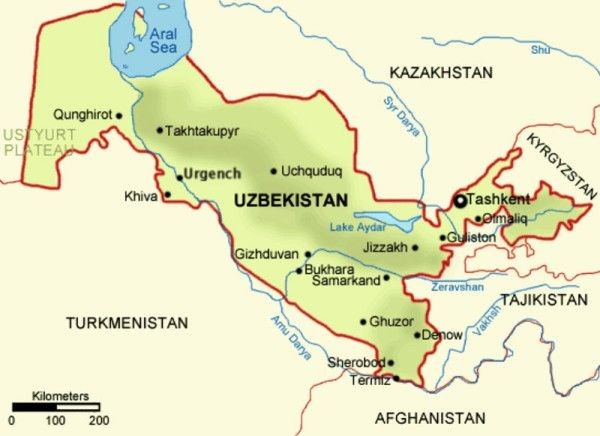EBRD Helps Increase Reliability of Tajikistan’s Electrical Grid
An announcement was made on February 28th that the European Bank for Reconstruction and Development (EBRD) is to increase the reliability and sustainability of electricity supply in Tajikistan. The national transmission network operator Shabaqahoi Intiqoli Barq (SIB) will be awarded some €31 million, comprising two EBRD sovereign loans and an investment grant of up to €8 million to help restore the existing transformer and construct a new one at the Sugd-500 substation in the north of the country. The northern Tajikistan power system depends on the 500 kV Sugd-Dushanbe high-voltage line connected to the Sugd-500 substation. Once upgraded and expanded, the substation will allow for a more sustainable electrical grid able to meet domestic and export demands. It will also help SIB integrate up to 700 MW of renewables in line with Tajikistan’s 2030 National Development Strategy to diversify its energy production. In 2023, Tajikistan’s energy capacity exceeded 6,000 megawatts, and electricity production amounted to 22 billion kilowatt-hours; 4.8 billion kilowatt-hours or 28% more than in 2017. Addressing the issue last December, Tajik President Emomali Rahmon announced that the government was making sound progress in its strategy to establish a ‘green economy’. To achieve this goal, he explained that over the next seven years, Tajikistan aims to increase electricity exports to 10 billion kilowatt-hours, and by 2030, the construction of power plants employing renewable energy sources will increase the production of green energy to 1,000 megawatts. Looking ahead, the country aims to source all its electricity from renewable sources, primarily hydropower, by 2023.





